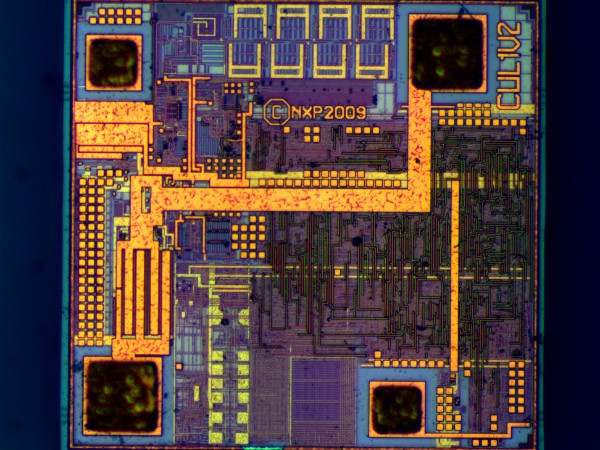New IP address blacklist based on Web chatter
Traditionally, blacklists of malicious IP addresses are assembled using honeypots and intrusion detection systems but a new approach, analyzing chatter on the dark and open Web, can find malicious addresses that would have been otherwise missed.Acco…
New IP address blacklist based on Web chatter Read More »












